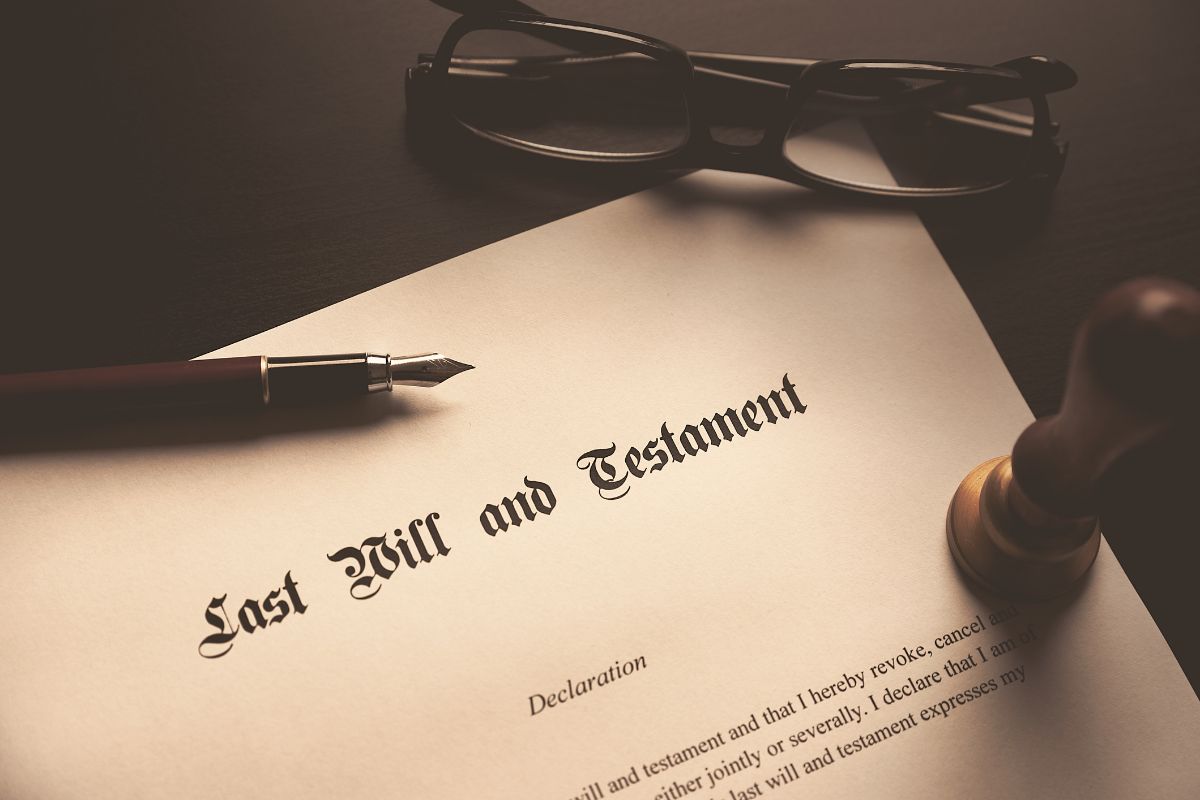An uncontested will can present challenges. Sometimes families wonder if they should allow a loved one’s uncontested Will to pass through probate or challenge it. An experienced probate litigation attorney can help you make this decision.
For example, Aunt Sylvia took great pleasure in knowing that her wealth would be shared equally by her six nieces and nephews. In fact, she sincerely hoped that some of the property and heirlooms would continue to be handed down through the family for generations. Her estate planning was thorough and up to date.
But at age 90, she hired a caretaker to help her remain at home as long as possible. When she passed away a year later, her family members were stunned to learn their aunt had signed an entirely new Will naming the caretaker her sole heir.
Was a Will contest possible? If so, what reasons could they give to suspect that the Will did not honor Aunt Sylvia’s wishes?
It Might Help to Understand the Purpose of a Will
From a legal standpoint, a Last Will and Testament is the means by which an individual (the Testator) wants to do the following:
· State who will receive their property and assets,
· Name a personal representative to handle probating the estate, and
· Name the guardian of any minor children.
Some testators also use their Will to establish testamentary trusts.
However, the Will looks different from an emotional perspective. More than just a dry legal document, a person’s Will is the last opportunity they have to express their last wishes.
In fact, some people customize their Wills to a great degree. As an example, a testator might list who should receive items of great sentimental value. Others may express disappointment in a family member to explain why they were disinherited.
Either way, the testator’s voice resonates throughout the Will.
Sometimes People Have Good Reason for Suspecting an Uncontested Will
Aunt Sylvia’s family suspected her Will because it was significantly different than all her former Wills and from her often-expressed desires. When a testator’s Will changes abruptly or has unusual language, heirs might suspect a Will is invalid because of:
· Coercion. Family members might contest a Will because they feel someone coerced their loved one. For example, someone might shower an older person with gifts and attention just to get a Will changed.
· Duress. Sometimes people are pressured to change their Will. If so, the Will could be invalid because the testator signed under duress.
· Incapacity. The testator must understand the Will, who their heirs are, and what type of property they own. An older person like Aunt Sylvia might lack the legal capacity to sign any legal documents, including a Will.
· Fraud. The testator could be tricked into signing a new Will. For example, a caretaker or relative could say the document is something else or that the language in the new Will is exactly what the testator wants.
Contesting a Will is not something you do very often. However, sometimes it is necessary.
Does an Uncontested Will Truly Honor the Writer’s Last Wishes?
In Aunt Sylvia’s case, her family knew what her last wishes had been for years. They visited regularly and were very close to her. Her sudden ‘change of heart’ was uncharacteristic to say the least. To them, it seemed unlikely that her final Will truly represented her voice.
Maybe you suspect a loved one’s Will is just not right. You may never know for sure unless you have an attorney investigate the situation.
We Can Help If You Choose to Challenge an Uncontested Will
It’s a challenging decision. We know because we have helped many clients make that decision and follow through with probate litigation.
The attorneys at Henke, Williams & Boll assist clients like you with litigation and other matters. But we don’t just help a little. We win cases through aggressive representation using extensive knowledge of the Texas legal system.
For a free consultation or phone appointment, call 713-940-4500 or use the convenient contact form located on our website. We represent clients in the Houston area, including Harris County, Montgomery County, Waller County, Fort Bend County, Galveston County, and Brazoria County.


